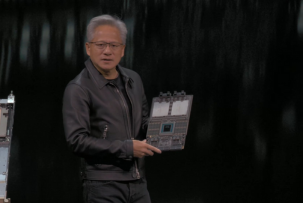American Engineers Have Created Switches that Do Not Overheat Devices
12:06, 12.09.2025
Researchers at the University of Michigan have unveiled an optoexciton switch, a technology that could completely change the way electronics work. Instead of electrons, which generate heat, the new device uses excitons, neutrally charged quasiparticles that transmit signals without overheating.
How the Innovation Works
During the experiments, scientists forced excitons to move using photons. Light waves “pushed” the quasiparticles, creating a controlled flow. This method achieved efficiency that already surpasses that of modern photonic switches.
Prospects for Electronics
The new solution paves the way for the creation of exciton circuits that can reduce energy consumption and make gadgets more autonomous. Smartphones with such switches will be able to hold a charge longer, and computers will operate without the need for additional cooling.
Challenges for the Future
Despite their success, researchers still face the challenge of scaling the technology. New materials and manufacturing methods are needed to integrate optoexcitonic switches into real circuits. According to forecasts, these problems can be solved within a few decades.


